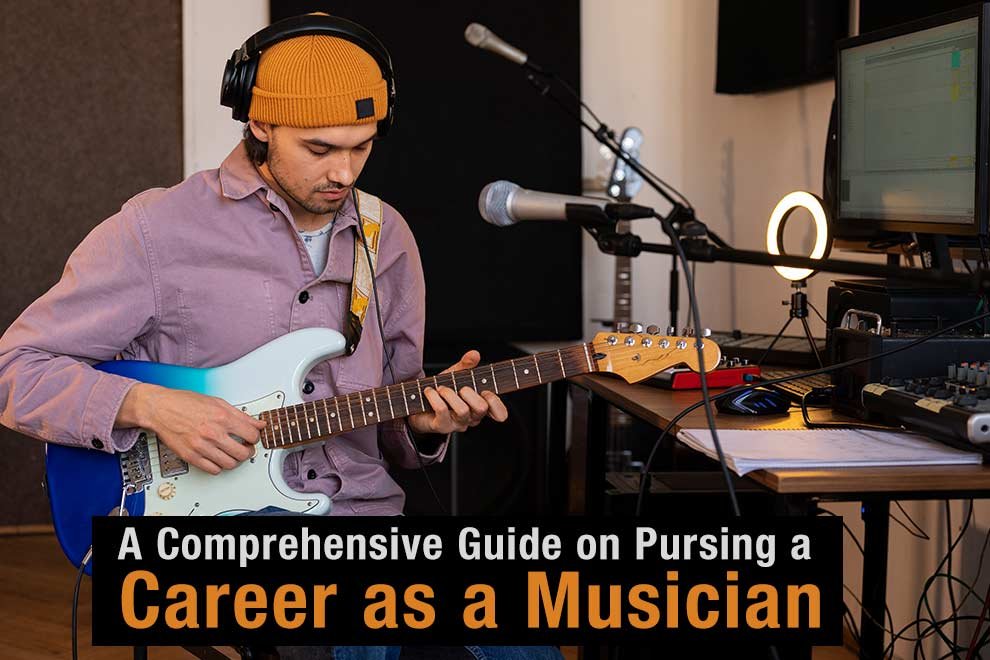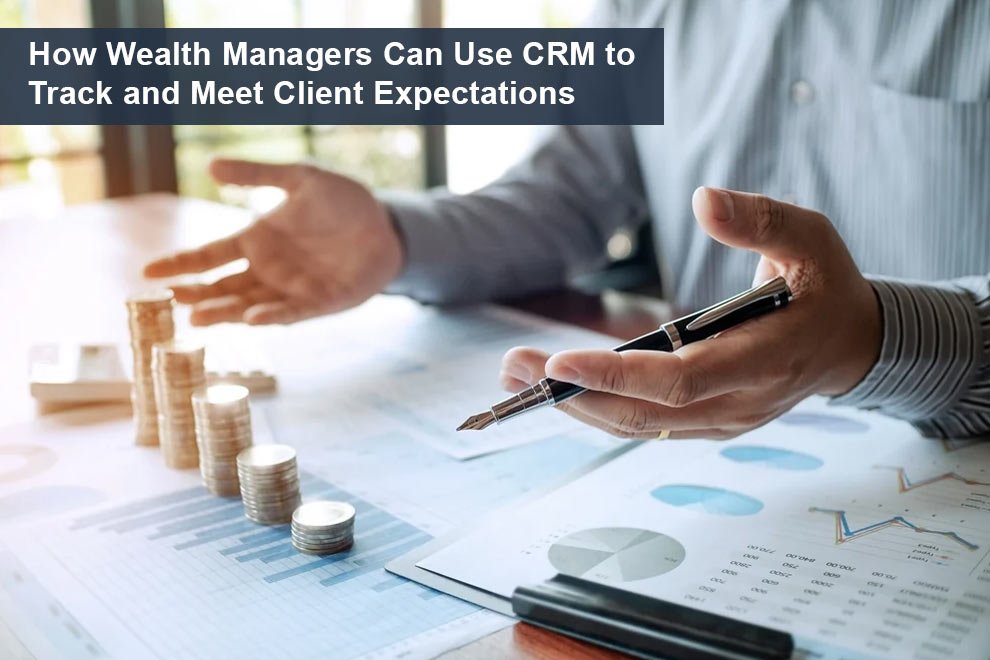Have you considered a career as a musician? According to UK Music, a total of 30.6 million people attended concerts in 2022, which included everything from arena shows to grassroots gigs. It’s clear that the nation loves music, which in turn can be very motivating for young, aspiring musicians.
A musician can look like many different things. It can involve being a classical musician, a pop musician, an instrumentalist, a composer or something else in this realm. Here’s what you need to consider if you’re interested in pursuing a career as a musician.
Passion and dedication
Any creative job requires an unwavering level of passion and dedication. This is what will push you forward even when something knocks you down. Passion will encourage you to say yes to opportunities and seek them out where possible. This might involve playing a free gig to get your name out there or perhaps setting up a social media channel to share your talents with a wider audience. Passion will be the driving force behind your success.
Instrument proficiency
It goes without saying that you’ll need to set time aside to master your instrument or musical skill. This means practising every day where possible and completing the relevant grades. Whilst it’s advantageous to start playing an instrument when young, it doesn’t mean you can’t start later on in life if you have the right level of commitment and talent.
Music theory and ear training
Music theory can inform your work more than you might expect. Whether you train in classical or pop, it can give you a good grounding in and appreciation of how music and performances are brought to life. It can also be helpful to learn how the industry operates by reading articles and watching documentaries.
With the right knowledge in place – and sufficient ear training – you can enhance your work through improvisation and general musical skills. Plus, it can be helpful to understand the composition of music so that any songs you plan to write can be done with a good foundation behind them.
Performance skills
Feeling comfortable in front of an audience, whether as a pop musician or a composer, is a must. This means overcoming stage fright. You need to be able to keep your cool and give it your all when onstage, no matter how big the crowd is.
You should learn the art of stage presence, as well as audience engagement. Some of the best performances, while they may be excellent musically, often involve audience interaction to show appreciation for those who have come to watch them. If you’re part of an orchestra, you’ll need to learn how to maintain good posture and a professional demeanour onstage.
Financial management
While being a musician is an inherently creative job, you’ll still need to set time aside to manage your finances. Take time to learn how the industry works, identifying how you can make a living from a career as a professional musician.
This involves learning how to budget and save so that you can afford new equipment. You’ll also need to understand what musicians can claim as expenses. On top of this, protecting your equipment is essential, whether you own several instruments or DJ equipment. That’s why every professional musician should consider having reputable musical instrument insurance in place to help protect their career.
Sometimes, once a tour comes to an end, musicians will broaden their revenue streams with other jobs, such as teaching, or by doing workshops and talks.
To conclude…
Becoming a professional musician takes determination and hard work – but as long as you’re willing to commit to the journey ahead, you’ll put yourself in good stead for a success
ALSO READ: The 9 Best Music Colleges in the US: A Comprehensive Guide for Aspiring Musicians










